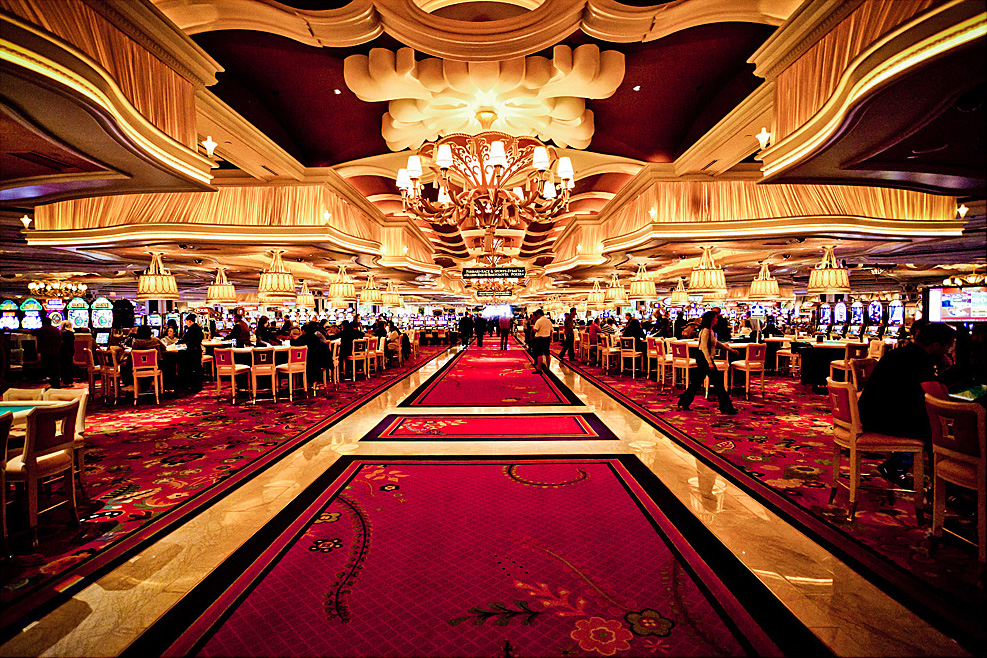
The world of entertainment has seen numerous shifts over the years, but not many have captured the creativity and thrill of players like casino games. Emerging in the bustling halls of Las Vegas and Atlantic City, New Jersey, these entertainments have moved beyond borders and societies, becoming a worldwide phenomenon. From the dazzling lights of a mega-resort to the convenience of online sites, the allure of gambling games is undeniable, luring millions into a realm of luck and strategy.
As more countries accept gambling in various forms, the influence of American casino games is clear. They have not only influenced local gaming industries but have also sparked countless adaptations and innovations worldwide. Classic games such as the poker and the blackjack, along with modern variations, have created a shared language of entertainment that connects across diverse populations. The mix of gambling risks, reward, and social engagement found in these games fosters a unique sense of belonging, further cementing their place in the global entertainment sphere.
Historical Summary of U.S. casinos not on GamStop Gambling Games
American casino games have a rich and colorful past that reflects the societal development of the U.S.. The origins of these games can be traced back to multiple European gaming traditions introduced over by settlers. Games like the poker game, the blackjack game, and roulette found their way into the mosaic of American culture in the 1800s century, achieving popularity in bars and riverboats. These venues provided the ideal setting for social engagement and rivalry, establishing a strong foundation for casino gaming as we recognize it today.
As the nation moved to the west, gambling developed alongside it. The Gold Rush era in the mid-1800s witnessed the rise of gaming towns such as Deadwood, South Dakota and Tombstone, where gambling activities were played with high stakes, frequently accompanied by an air of lawlessness. This period set the stage for the formalization of casino games in the beginning of the 20th century, notably with the establishment of Las Vegas, Nevada as a gambling center. The construction of lavish casinos changed the gaming landscape, establishing an environment where gambling activities could flourish and attract visitors from around the world.
In recent decades, the legalization of casino gaming in various states has further diversified the variety of games available. U.S. casinos now feature a combination of traditional games and innovative options that serve to modern players. This growth has allowed for a distinct fusion of traditional and new, enabling the continuous evolution of casino culture in America. The global influence of these activities has also contributed to their inclusion into global gaming industries, demonstrating the lasting impact of U.S. casino games across the world.
Worldwide Popularity and Impact
The growth of American gambling titles has marked a significant change in the global gambling landscape. With their attraction crossing boundaries, these titles have enthralled players around the globe. From poker tournaments to fruit machines, U.S. styles have found a home in many global casinos. This transference of culture emphasizes how adaptable and compelling these games are, adapting to local preferences while preserving their timeless U.S. charm.
Additionally, the impact of these titles extends beyond traditional gambling establishments. Digital platforms have played a pivotal role in popularizing American casino games, making them available to gamers globally. The convenience of online gambling has introduced millions to opportunities that were once confined to physical casinos. Players can now play their favorite titles from anywhere, sparking a fresh wave of excitement and expanding the gamer base significantly.
This global acceptance is also seen in the incorporation of U.S. gambling games into local traditions. Countries that have adopted these games often organize their own versions and competitions, blending local customs with American gaming traditions. This fusion not only enriches the gambling experience for participants, but it also underscores the powerful impact that American gambling games have on both entertainment and community engagement across different cultures.
Cultural Adaptations and Improvements
Gambling games have undergone significant changes as they spread across different cultures. Each region has absorbed elements of American gaming while infusing its own customs and practices. For example, the rise of online casino platforms has allowed for the inclusion of local flavor into classic games like poker and 21. Gamblers now experience variations that include regional wagering styles and distinct rules, making the games more relatable and welcoming for different crowds.
In many nations, the appeal of gambling games has led to the development of localized versions that reflect cultural aspects and narratives. This flexibility has paved the way for innovative game development that connects with players on a individual basis. Gaming machines, for instance, now feature imagery and sounds that honor local heritage, folklore, and pop culture, which in turn improves the gaming adventure and promotes a feeling of community among gamblers.
Moreover, the global impact of American casino games has inspired new game formats and hybrid formats. Some establishments have combined traditional betting with amusement aspects, such as live shows or engaging tech, leading to a more engaging experience. These innovations not only attract a broader crowd but also guarantee that the essence of gaming continues to progress, connecting gaps between different communities while maintaining the thrill that gambling games are celebrated for.